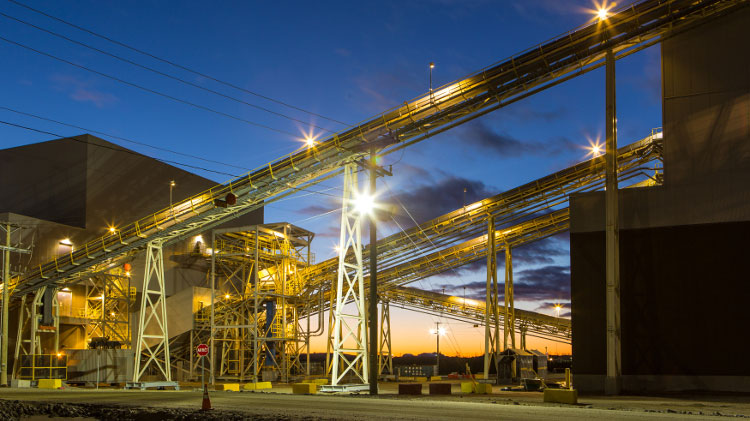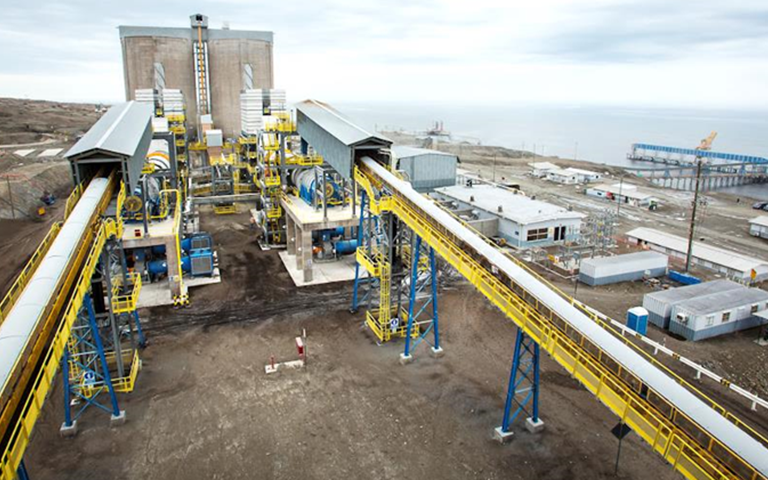In the deal Mosaic received five Brazilian phosphate mines, four chemical and fertilizer production facilities, one Brazilian potash mine, Vale's Kronau potash project in Saskatchewan and a 40 per cent stake in the Bayover mine in Peru (pictured). Marcelo Coelho / Vale Archive
Mosaic Co. agreed to purchase Vale’s fertilizer business in a US$2.5-billion deal, the company announced in late December.
The sale is the culmination of discussions dating back to at least June 2016, as first reported by Reuters.
Mosaic will pay the Brazilian miner US$1.25 billion in cash and US$1.25 billion in newly-issued shares. Mosaic will become the largest fertilizer producer in Brazil and with the deal expects to generate an additional US$80 million in after-tax value by 2019.
Alongside five Brazilian phosphate mines, four chemical and fertilizer production facilities, one Brazilian potash mine and a 40 per cent stake in the Bayovar mine in Peru, the deal includes Vale’s Kronau potash project in Saskatchewan, shelved in November 2015 because of unfavourable market conditions. Mosaic currently operates three other potash mines in Saskatchewan and company spokesperson Sarah Fedorchuk said the Kronau project provides “an option for future expansion.”
The transaction is expected to close in late 2017, subject to regulatory approvals. It does not include Vale’s nitrogen and phosphate assets in Cubatão, Brazil, although Vale has said it also expects to sell those in 2017.
The transfer of shares will establish Vale as Mosaic’s top shareholder, with an 11 per cent stake in the U.S. company. Vale will appoint two directors to Mosaic’s board.
In a video about the deal on the Vale website, CEO Murilo Ferreira explained that the company had chosen to “associate with an international company” with the relevant expertise in potash and phosphate on account of “factors that made it difficult [for Vale] to open a window into the fertilizer market.”
Vale announced last February that it would offload core assets in order to reduce its debt after a record year-on-year loss of US$12.1 billion. Following more favourable results in the third quarter of 2016 amid an iron ore price rally, Fereirra told investors in November 2016 that the board would reconsider this strategy. The sale to Mosaic is in line with a less severe streamlining strategy focused on selling “non-core” assets, which will allow Vale to focus on its profitable nickel and iron ore business.
The agreement is the latest development in a fertilizer industry grappling with years of slumping prices due to oversupply and increased competition after the break up of a Russian-Belarussian potash trading cartel. The downturn has resulted in a flurry of new mergers and acquisitions, which include the merger of Mosaic’s rivals PotashCorp and Agrium, approved by shareholders on both sides in November.



